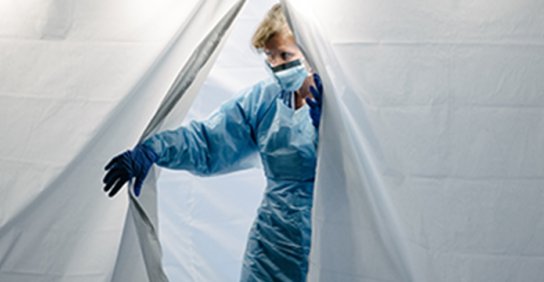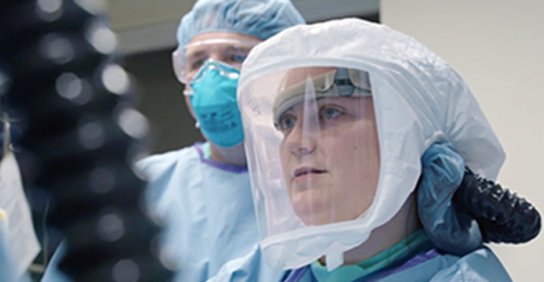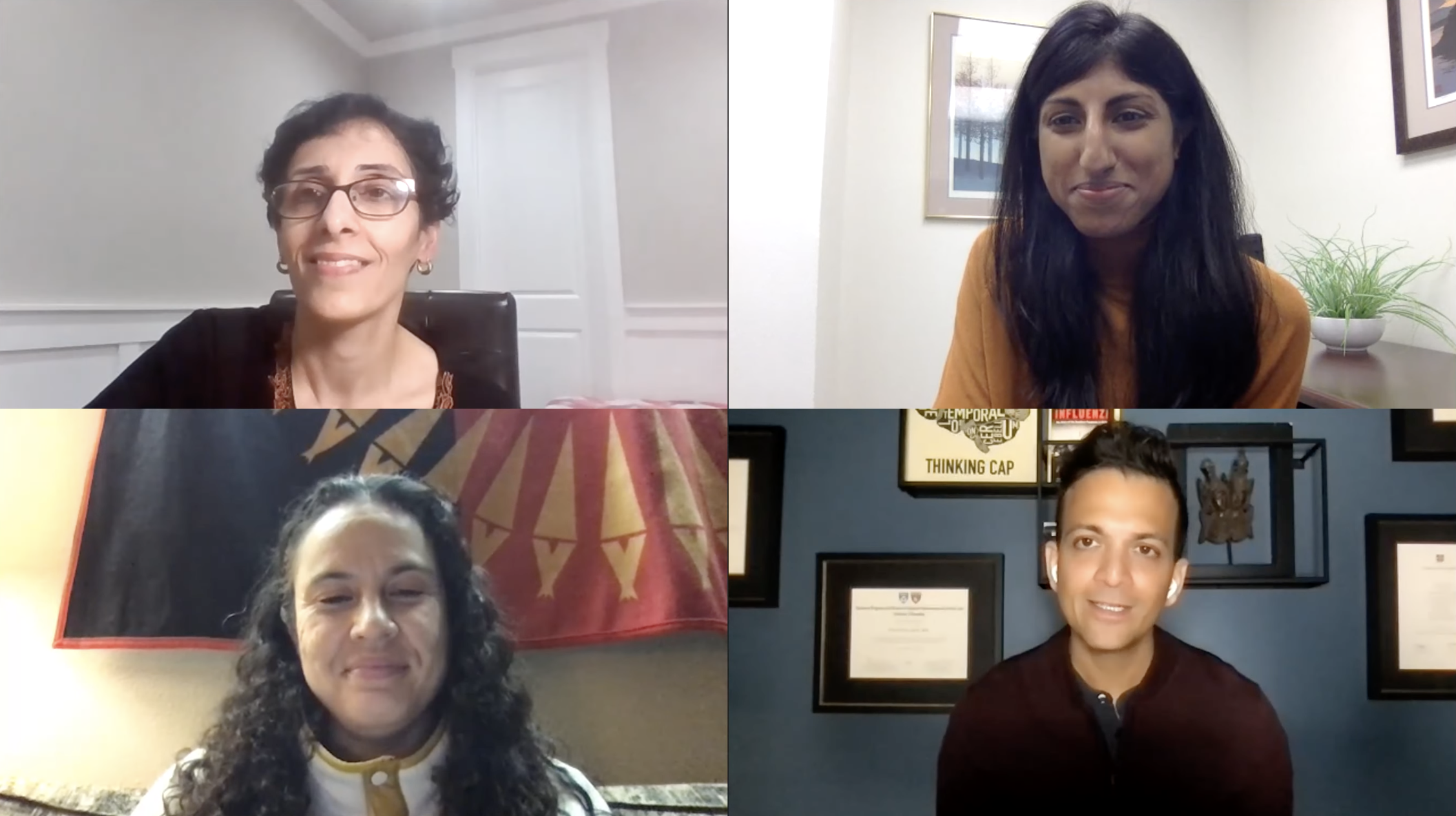Learn how UW Medicine led the response to the nation’s first COVID-19 outbreak.
COVID-19 (Coronavirus)
Up-to-date information about care and servicesVaccines
Learn about COVID-19 vaccines, including eligibility and how to make an appointment.
Testing
Learn when, where and how to get tested for COVID-19.
Therapeutics
Learn how to request treatments and therapy for people who are at a higher risk of severe illness.
Recovery
Learn about Long COVID-19 symptoms and how to get a treatment plan tailored to you.

UW Medicine Visitor Policy
To protect our patients, staff and community, we have visitor restrictions in effect. Visitors must also continue to follow masking policies in areas where masks are required as indicated by signage.
Answers to your questions about COVID-19
What is COVID-19 (coronavirus)?
What are the symptoms of COVID-19?
Common symptoms of COVID-19 may include:
- Cough,
- Shortness of breath or difficulty breathing,
- Fever,
- Chills,
- Muscle pain or body aches,
- Fatigue,
- Sore throat,
- New loss of taste or smell,
- Gastrointestinal symptoms like nausea, vomiting or diarrhea,
- Headache,
- Congestion or runny nose.
Most people develop only mild symptoms. But some people, especially those with other medical complications, may develop more severe symptoms, including pneumonia.
How does COVID-19 spread?
COVID-19 appears to spread when individuals infected with the virus cough or sneeze. This causes moisture droplets carrying the virus to be projected into the air where those droplets may be inhaled by other people nearby. This way the virus may also be moved to the eyes, nose, or mouth if a person's hands become contaminated and they touch their face.
Other respiratory viruses can spread in this way as well. We have a lot to learn about COVID-19, but it appears to spread the same way.
How do I keep myself, my friends and my family safe from COVID-19?
To keep yourself and your loved ones safe from COVID-19, the most important steps to take are:
- Practice social distancing,
- Wear a high-quality mask when in public indoor settings,
- Get vaccinated and boosted,
- Wash your hands frequently,
- Avoid touching your face with unwashed hands,
- Stay home if you are feeling ill,
- Contact your doctor's office if you are experiencing symptoms.
If you are experiencing symptoms, get tested and contact your doctor's office. They will help you determine if you need to be seen and provide you with instructions for seeking medical care.
Most importantly, please follow the advice of Public Health - Seattle & King County on what to do to limit the spread of COVID-19 in the community.
Who is most vulnerable to COVID-19?
People at higher risk of COVID-19 include:
- People 65 and older,
- People who live in a nursing home or long-term care facility,
- People with underlying health conditions such as asthma, diabetes, severe obesity, or heart, liver or lung disease,
- People who have weakened immune systems,
- People who are pregnant,
- People who are not vaccinated against COVID-19.
People at higher risk of severe illness should stay home and away from large groups of people as much as possible.
Content spotlight

90 days on the front line

Life after COVID-19 infection
So you had COVID-19. Now what? 6 things to know about life after COVID-19 infection.

Nursing during COVID-19
Learn about the new challenges that nurses take on every day during the coronavirus pandemic.


